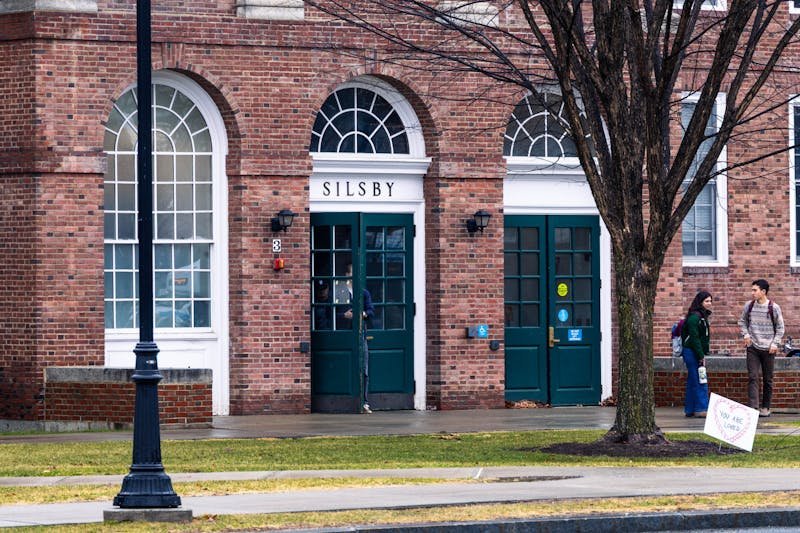On July 4, President Donald Trump signed H.R. 1, colloquially known as the “One Big Beautiful Bill Act,” into law. The bill — which is almost 900 pages long — includes tax cuts, spending on defense projects and funding cuts for social programs, according to the Associated Press.
At the center of the act, however, is the extension of reduced tax rates signed into law under Trump’s 2017 Tax Cuts and Jobs Act. While the cuts were originally set to expire in 2025, they will become permanent under the new bill, according to economics professor Andrew Samwick.
Economics professor Bruce Sacerdote ’90 said the bill will have “scary” impacts on the American economy. The national debt will rise to 130% of the annual GDP under the bill and interest payments will become an increasingly large portion of the federal budget, he wrote in an email statement to The Dartmouth.
“Currently we already spend 13% of the budget on interest and that could rise to 20% 10 years from now,” Sacerdote wrote.
Samwick said that the bill’s contribution to the national deficit is “very disappointing.”
“What does the current generation of young people get for the $4 trillion that is projected in additional debt over the next 10 years?” Samwick said.
The bill’s spending projects and tax rates will be partly funded by cuts to federal programs such as Medicaid, food assistance and clean energy.
Almost 12 million people risk losing insurance in the next decade under the bill, according to the Associated Press. Economics professor Angela Wyse said that this loss of coverage will increase mortality rates.
“Our best estimate is that a 12 million person reduction in health insurance could lead to over 100,000 extra deaths over the next 10 years,” Wyse said.
According to Wyse, insurance loss comes from multiple Republican initiatives in the bill, including stricter enrollment procedures and some cuts for legal immigrants.
“Things like the work requirements and some of these recertification requirements, these are creating additional administrative burdens,” she added. “ … You’re creating a lot of paperwork and a lot of hurdles so that even people who should be eligible for Medicaid are going to face these additional barriers.”
Additionally, the bill will increase the tax rate on endowment returns for certain universities, such as Dartmouth, Princeton University and Harvard University. According to Forbes, Dartmouth’s rate will likely increase from 1.4 to 4%. In the Chronicle of Higher Education, Wellesley College economics professor Phillip Levine estimated the College will pay an estimated $16 million annually due to the increase. This figure is down from the first version of the bill proposed in May, from which Levine estimated Dartmouth would have paid $89 million a year.
In an email statement to The Dartmouth, College spokesperson Jana Barnello said the College is “disappointed” by the increased rate and is currently assessing the “long-term impact” of the tax.
“Despite our endowment’s role in powering Dartmouth’s academic mission and deep economic and educational impact on the region — funding everything from financial aid and research to new infrastructure — we are now one of 15 universities that face a financial penalty that the vast majority of higher education institutions do not,” Barnello wrote.
Economics professor Eric Zitzewitz, however, said the endowment tax may not go away, even if Democrats regain power.
“I haven’t actually seen polling on support for this policy in particular, but my suspicion is that it might be annoyingly high,” Zitzewitz said. “Maybe it doesn’t turn out to be one of the Democrats’ first priorities of things to reverse.”





